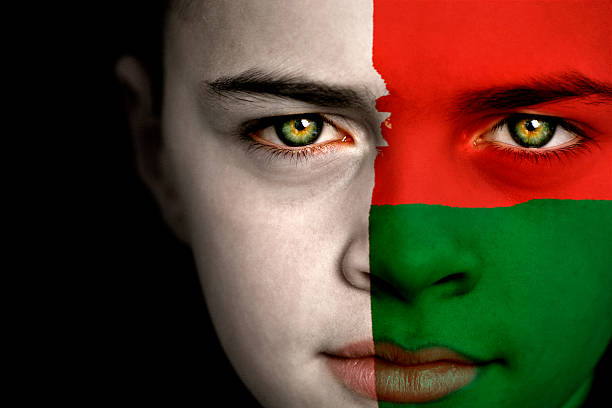10 Things You Are Not Allowed to Do in Madagascar

Madagascar, an island nation located off the southeastern coast of Africa, is famous for its unique biodiversity, stunning landscapes, and rich cultural heritage. However, like any destination, there are certain rules and regulations that visitors and locals alike must adhere to in order to preserve the environment, respect the culture, and maintain safety. Here are 10 things you are not allowed to do in Madagascar:
1. Touch or Disturb the Wildlife
Madagascar is home to many rare species, including lemurs, chameleons, and various birds, all of which are protected by law. It is illegal to touch, capture, or harm any of the wildlife. Disturbing their natural habitats can also lead to heavy fines or legal action, as these species are vital to the island’s ecological balance and are often endangered.
2. Take Endangered Plants or Animals Out of the Country
Madagascar has stringent regulations regarding the exportation of its wildlife and plant life. It is illegal to remove endangered species, plants, or any items made from them, such as wood or seeds. Those found violating this law could face severe penalties, including imprisonment.
3. Engage in Illegal Logging
Madagascar’s forests, particularly the rainforests, are vital to the health of the planet’s ecosystem. The island has one of the world’s highest deforestation rates due to illegal logging. Cutting down trees, especially endangered species, or engaging in the illegal timber trade is prohibited and punishable by law.
4. Hunt Endangered Species
Hunting protected or endangered animals, such as the fossa or certain species of birds, is strictly prohibited in Madagascar. Poaching can lead to heavy fines, imprisonment, or both. The government has made efforts to combat illegal hunting and preserve the island’s unique fauna.
5. Engage in Littering
Littering in Madagascar, particularly in its national parks and beaches, is a serious offense. The country has seen a rise in pollution, especially plastic waste, which negatively impacts wildlife and the environment. Visitors are encouraged to dispose of waste responsibly and make use of recycling programs where available.
6. Use Non-Biodegradable Sunscreens
Certain sunscreens that contain harmful chemicals, such as oxybenzone and octinoxate, are banned in Madagascar, especially in marine areas. These substances can damage coral reefs and harm aquatic life. It’s advisable to use biodegradable, reef-safe sunscreen to protect the environment.
7. Disrespect Local Customs and Traditions
Madagascar has a rich cultural heritage, and it’s important to respect local customs and traditions, especially in rural areas. Visitors should dress modestly, ask for permission before taking photographs of people, and avoid touching sacred objects or entering religious sites without authorization. Disrespecting these cultural norms can result in fines or social backlash.
8. Collect Coral or Marine Life
It is illegal to collect coral, shells, or other marine life in Madagascar. The country’s coral reefs are a key part of its marine ecosystem, and their destruction can have severe ecological consequences. Removing these items from their natural habitat is not only illegal but also harmful to the local marine environment.
9. Drive Without a Valid License
Driving in Madagascar requires a valid international driving permit (IDP) along with a local license. Tourists without an IDP or a recognized driving permit can face fines, and driving without proper documentation can result in detention or a court appearance. It’s essential to check the driving requirements before getting behind the wheel.
10. Smoke in Public Areas
While smoking itself is not banned in Madagascar, there are strict regulations regarding smoking in public spaces, particularly in closed areas or near vulnerable populations such as children and the elderly. Smoking in certain areas, like hospitals, restaurants, and schools, can result in fines. Always look for designated smoking areas or ask for guidance.
While Madagascar is an incredibly diverse and fascinating destination, visitors must be mindful of the laws and regulations that are in place to protect its natural environment and cultural traditions. By adhering to these rules, travelers can ensure a positive experience while contributing to the preservation of one of the world’s most unique ecosystems.




